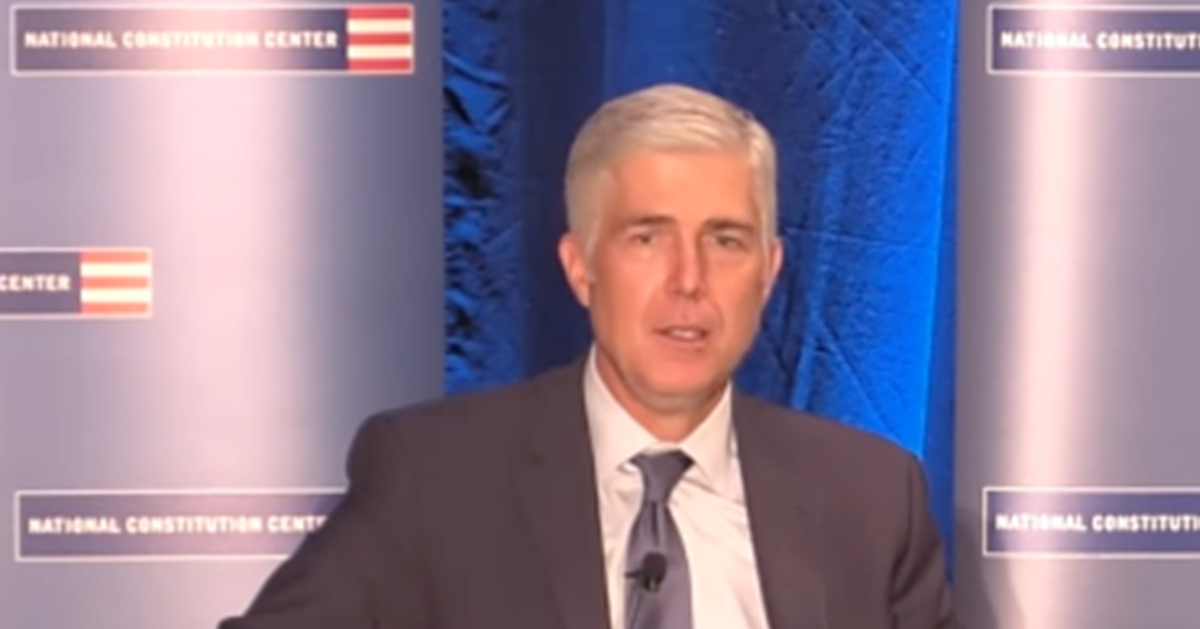Nissan could move production out of Mexico amid Trump tariff plans
Nissan is reevaluating its production strategy in Mexico due to potential tariffs proposed by President Donald Trump.
The potential for 25% tariffs on Mexican goods has been temporarily suspended by Trump, yet Nissan must consider alternatives if the U.S.-Mexico trade situation changes drastically, as Breitbart reports.
These potential tariffs, part of a broader initiative to boost border security, have generated uncertainty for Nissan's operations in Mexico.
As the second-largest car manufacturer in the country, Nissan annually exports 320,000 vehicles to the United States. The proposed tariffs, therefore, pose a significant concern for the automaker.
Nissan's Current Production Landscape
In 2024, Nissan produced roughly 670,000 vehicles within Mexico, with a substantial portion intended for the U.S. market. The company's exports from Mexico to the U.S. underscore its strategic reliance on the country's manufacturing capabilities. As the tension mounts over tariffs, Nissan's leadership is proactive in considering relocation of production if necessary.
Makoto Uchida, Nissan's CEO, expressed the company's need to prepare for the possibility of high tariffs. "We are exporting a significant number of cars...[and] if the high tariffs are imposed, we need to be ready for this, and maybe we can transfer the production of these models elsewhere if this were the decision," Uchida told Reuters.
Uchida emphasized the impact that the proposed tariffs could have on Nissan’s business strategy. The potential for significant tariffs, according to Uchida, demands close monitoring of the evolving situation.
Collaboration Between Governments
The proposed tariffs are part of a broader initiative by President Trump to enhance security at the U.S.-Mexico border. Currently, talks between Trump and Mexican President Claudia Sheinbaum have temporarily halted the tariffs.
These discussions have led to agreements aimed at strengthening border operations.
In a recent conversation, Trump and Sheinbaum agreed on deploying additional Mexican military personnel to U.S.-Mexico border areas.
According to Trump's post on Truth Social, "she agreed to immediately supply 10,000 Mexican Soldiers on the Border...to stop the flow of fentanyl, and illegal migrants into our Country."
This deployment is seen as a diplomatic step to address the security concerns raised by the U.S. while mitigating the immediate need for tariffs.
Administration Takes Active Role in Talks
To further navigate these complex matters, the U.S. has designated Secretary of State Marco Rubio, Commerce Secretary Howard Lutnick, and Treasury Secretary Scott Bessent to guide ongoing negotiations with Mexican officials. This team aims to ensure that trade remains beneficial to American interests without jeopardizing cross-border economic ties.
The rationale behind the tariffs, according to Trump, is to achieve a more balanced and reciprocal trading framework. Trump's memo related to these tariffs indicates, "[b]y making trade more reciprocal and balanced, we can reduce the trade deficit; grow the United States economy; and improve our trade relationships with trading partners..."
As discussions continue, the situation remains fluid, with both countries exploring economically sustainable solutions.
Automaker's Strategic Considerations Emerge
For Nissan, adapting to these uncertainties might mean exploring new territories for production. The potential massive shift in trade policies prompts Nissan to reevaluate where its manufacturing operations could be feasibly relocated. Exports are a crucial element of Nissan's business model, and decisions taken in Washington could ripple through its global operations.
Uchida has reiterated the need for the company to remain vigilant in response to these potential tariffs. The implications are huge, necessitating attentiveness to developments in U.S. trade policy.
In conclusion, while talks continue between the U.S. and Mexico, Nissan stays alert and prepared to make strategic shifts in its production if the situation demands. The automotive industry, like others, is closely watching the unfolding dialogue, assessing potential impacts of geopolitical actions on their futures.



